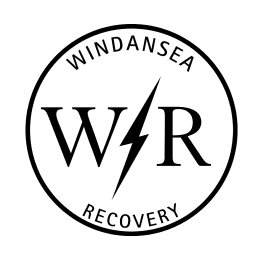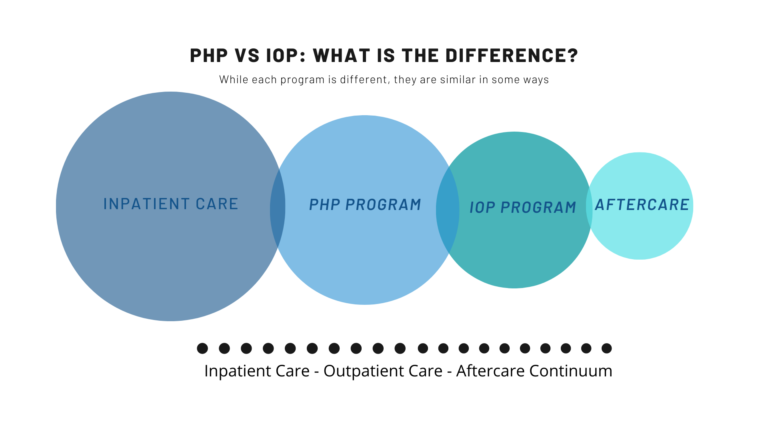Financial, Emotional, Physical: Waiting Can Be Dangerous
When someone struggles with substance abuse, one of the most common responses is delay—waiting for the “right time,” hoping things will get better, or believing that treatment can wait until tomorrow. Unfortunately, every day that passes without treatment carries real costs—financial, emotional, and physical.
At Windansea Recovery in La Jolla, we’ve seen how the decision to delay treatment can make recovery harder, not easier. Here’s what you need to know about the hidden consequences of waiting.
The Financial Costs of Delaying Rehab
- Increased Healthcare Expenses
Substance use disorders often lead to emergency room visits, hospitalizations, and long-term medical complications. The longer treatment is delayed, the higher these medical costs become.
- Lost Productivity & Employment
Addiction impacts job performance, attendance, and reliability. For professionals and executives, this can lead to lost income, stalled careers, or even termination.
- Legal & Financial Trouble
DUI arrests, legal fees, fines, and other substance-related consequences often escalate when treatment is postponed. The financial burden can far outweigh the cost of rehab itself.
The Emotional Costs of Delaying Rehab
- Strained Relationships
Addiction affects families, marriages, and friendships. Over time, trust erodes, communication breaks down, and emotional wounds deepen.
- Increased Stress & Anxiety
The longer addiction goes untreated, the more stress it creates—for both the individual and their loved ones. Families often feel helpless, angry, or fearful, which can damage relationships further.
- Guilt & Shame
Delaying rehab often intensifies feelings of guilt and shame, making it even harder for someone to seek help later. Early intervention helps break this cycle sooner.
The Physical Costs of Delaying Rehab
- Declining Health
Substance use takes a toll on the body. From liver and heart damage to weakened immunity, untreated addiction leads to progressive health deterioration.
- Risk of Overdose
Delaying treatment increases the risk of accidental overdose—especially with opioids, fentanyl, and other high-risk substances.
- Co-Occurring Disorders
Anxiety, depression, and PTSD often worsen without treatment, creating a dangerous feedback loop between mental health and substance use.
Why Early Treatment Matters
The sooner someone enters treatment, the greater their chances of long-term recovery. Early intervention helps:
- Prevent irreversible health damage.
- Reduce financial and legal complications.
- Restore relationships before they reach a breaking point.
- Build hope and momentum for sustained recovery.
Delaying treatment not only prolongs suffering—it makes the journey back to health more difficult.
The Windansea Recovery Approach
At Windansea Recovery, we make the process of starting treatment as simple, supportive, and immediate as possible. We offer:
- 24/7 admissions support for individuals and families.
- A continuum of care from detox through aftercare.
- Evidence-based and holistic therapies that heal mind, body, and spirit.
- Family programs that repair and strengthen relationships.
- A confidential, coastal setting that fosters peace and renewal.
Windansea Recovery: No Better Time Than Today
The true cost of delaying rehab isn’t just financial—it’s emotional pain, physical decline, and lost opportunities for healing. The sooner someone begins treatment, the sooner they can reclaim their health, relationships, and future.
At Windansea Recovery, we believe there’s no better time than today to begin the journey toward recovery.
If you or a loved one is struggling with addiction, don’t wait. The costs of delaying rehab are too high, Call us at (619) 815-2555 or Contact Us Here



























